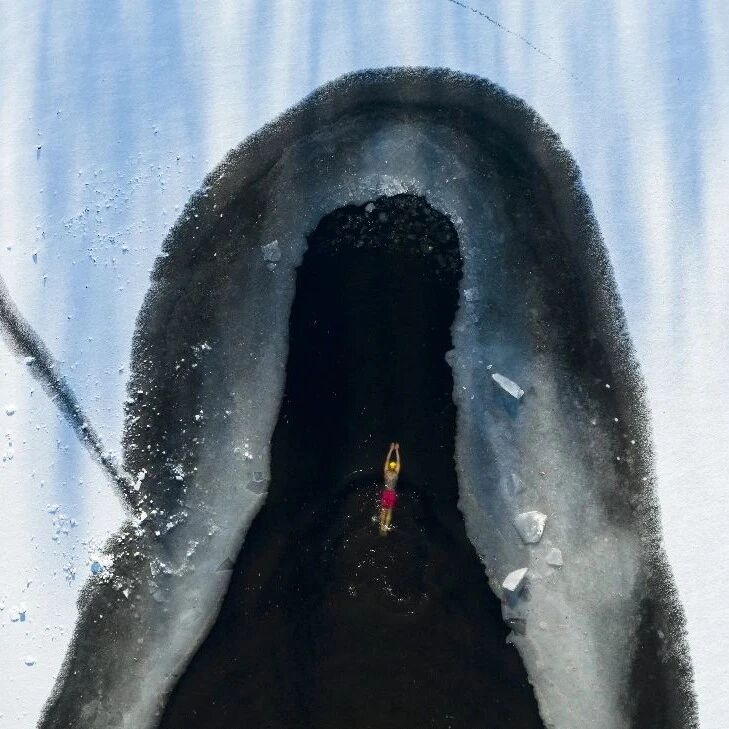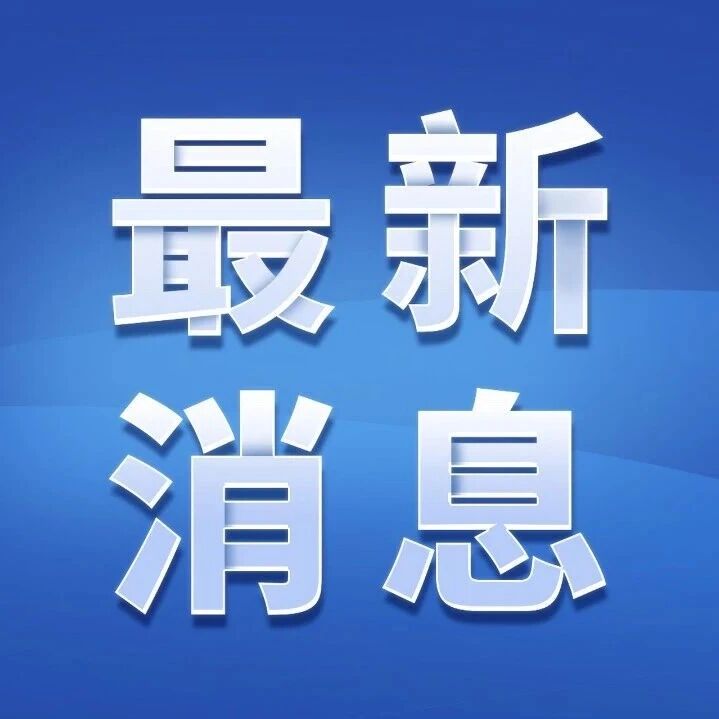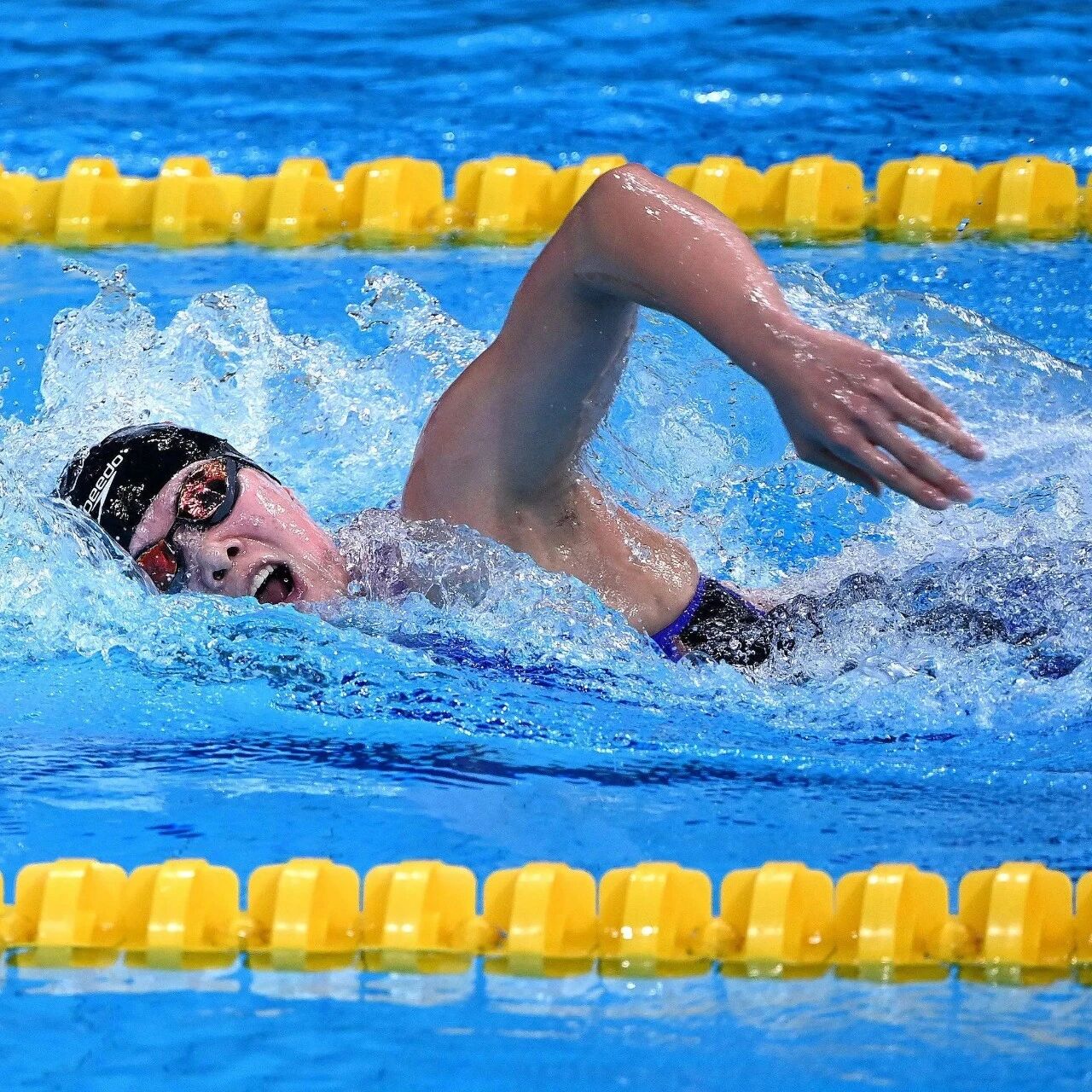Nine minutes late vs. 69 years late — the Swimming God Club’s Jianxin Life Insurance Swim Team Competes at the Singapore Masters World Championships (5)
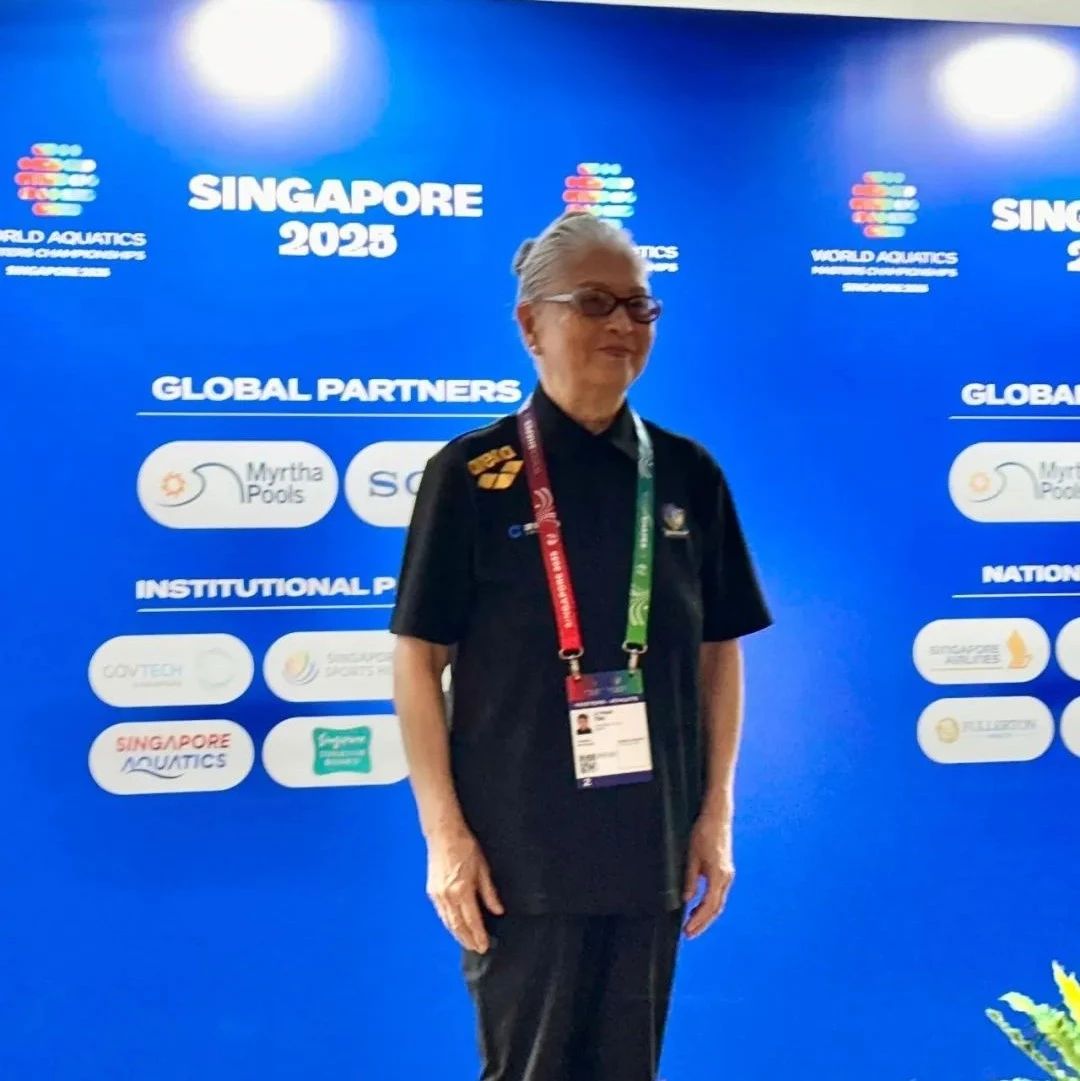
“Swimming”Together, full of "divine" energy and vitality.



During the award ceremony, Teacher Dai Lihua was late.9Minutes—upon arrival, she appeared immaculate and poised in her swimmer’s attire, exuding elegance and grace, radiating calm confidence and vibrant energy. Climbing effortlessly onto the half-meter-high championship podium with a single, fluid step, she moved with a poise that left others looking distinctly less assured.86A 90-year-old elderly person.
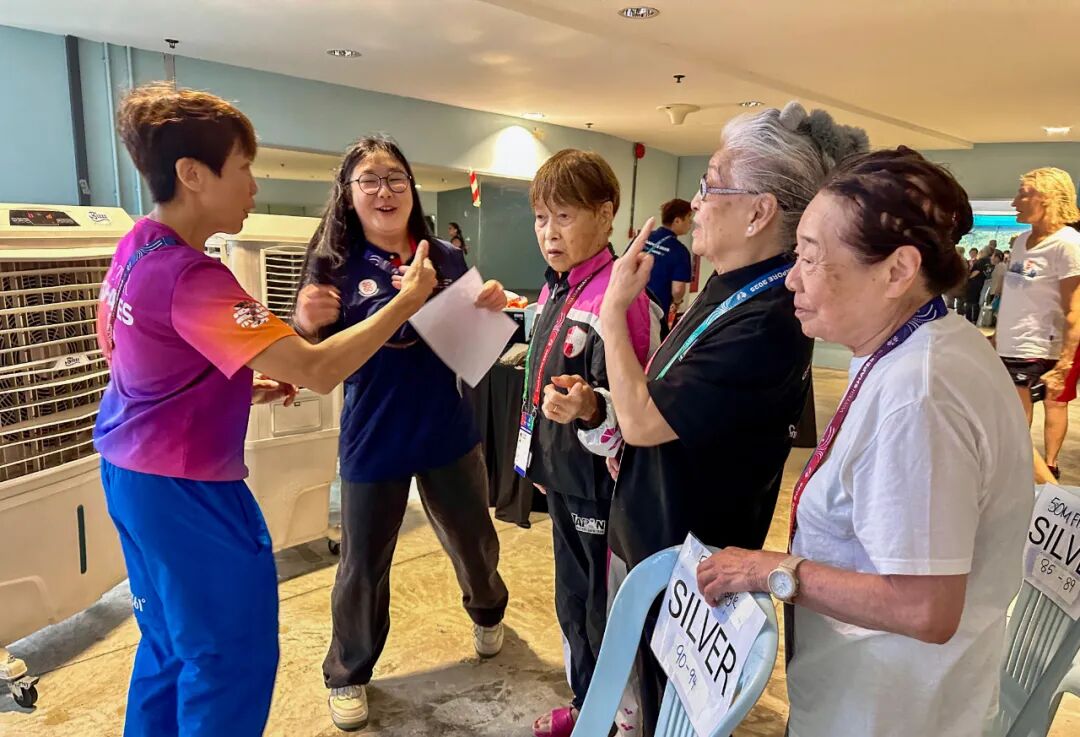
Mr. Dai is attending today's event, which is2025Singapore Masters Swimming World Championships85-89Women's age group50The women's freestyle race. She was in lane 3, with her neighboring lane rival being a legend of Japanese swimming,2005Yoshiko Osaki, who entered the International Swimming Hall of Fame this yearYoshihiko Osaki). Neither of them realized: this was a case of being late.69The year's competition!
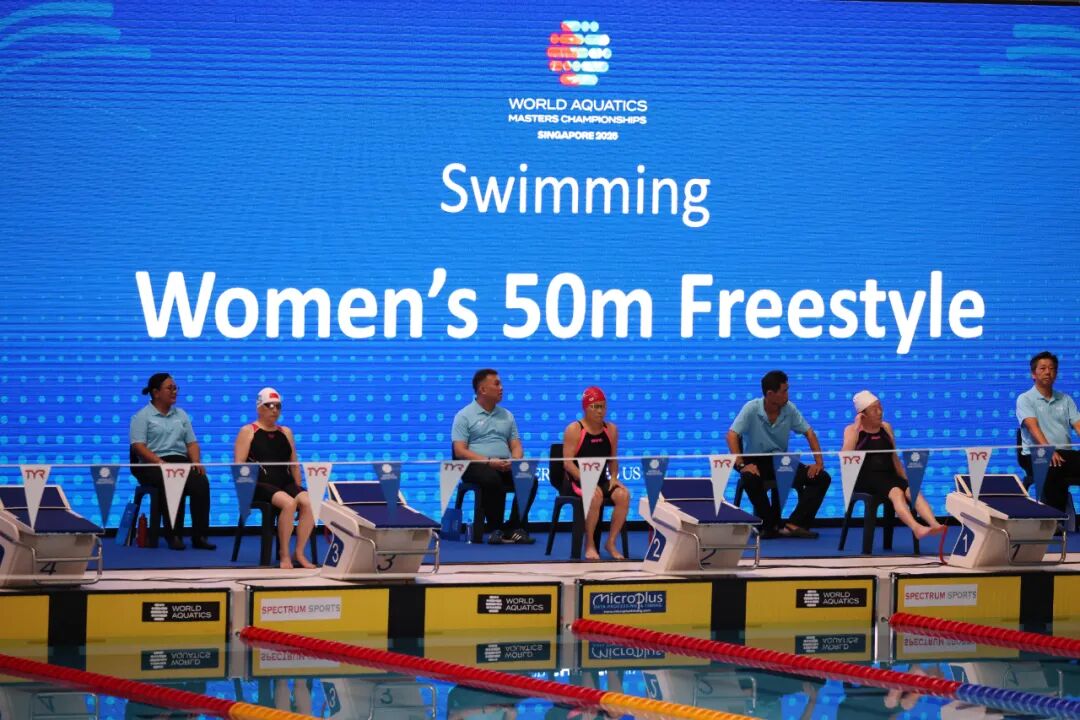
(Track No. 2Yoshiko Osaki )
Dai Lihua comes from a distinguished family—his father, Dai Linjing, was a football star who played alongside Li Huitang and even participated in1948The Olympic Games. After the founding of New China, at the invitation of Marshal He Long, Dai Linjing took on the role of head coach for the Bayi team. Later, after returning from studying in Hungary with the Chinese national football team, he became the first-ever head coach of the national squad.1957During the World Cup qualifiers, the match in which China defeated Indonesia in Beijing was coached by Dai Linjing—this year, when China's men's team lost to Indonesia, many people couldn’t help but recall that game.1957That year's match, yet few people even mention Dai Linjing's name.
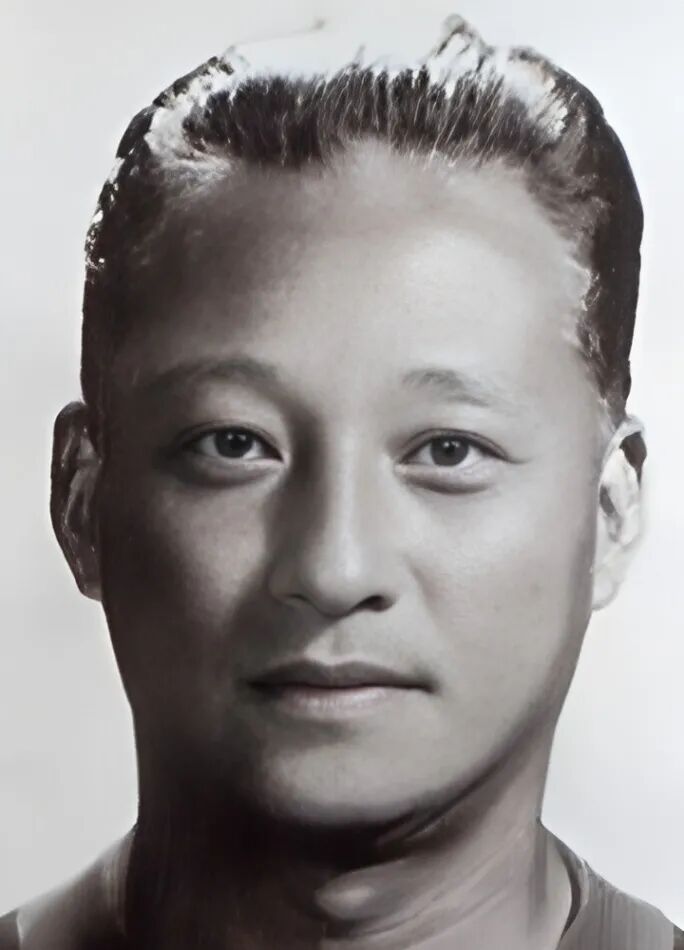
(Dai Linjing)
13In the year of its founding, when New China was just emerging, Dai Lihua, who was studying piano at the Shanghai Conservatory of Music’s affiliated middle school, received an unexpected assignment: to join Fu Cong, a gifted student from the conservatory’s piano department, at the World Festival of Youth and Students in Romania—Fu Cong was there to compete in the piano competition, while Dai Lihua was set to participate in the swimming event.
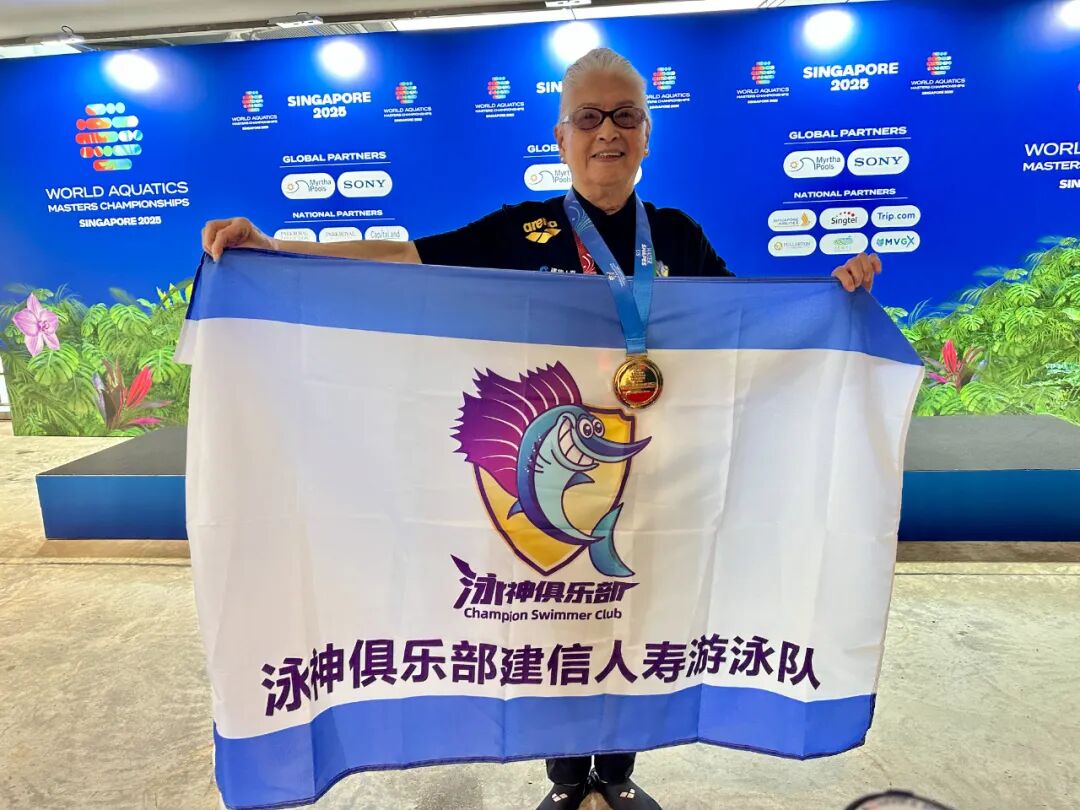
After returning to China, Dai Lihua became one of the first members of the Chinese swimming team. As a founding figure, she achieved a milestone that remains unmatched—and perhaps even unattainable to this day—by winning national championships in five different swimming styles: butterfly, backstroke, breaststroke, freestyle, and individual medley.1956Before the Melbourne Olympics, Dai Lihua was China's top female swimmer and the highest-ranked Chinese female athlete in the world.
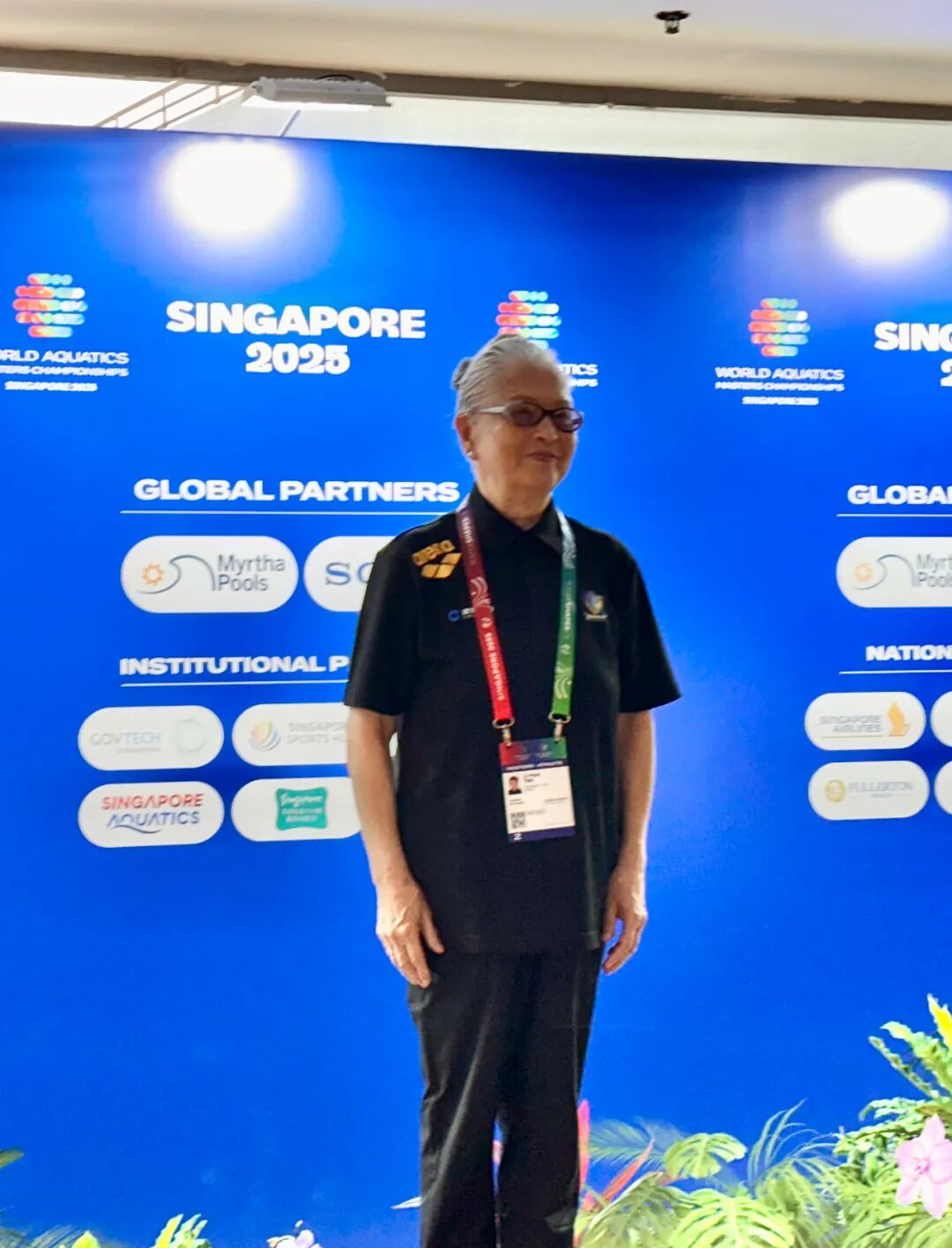
However, due to the International Olympic Committee's stubborn adherence to the "two Chinas" stance at the time, China boycotted the Melbourne Olympics, leaving Dai Lihua and Oki Yoshiko unable to participate.69They met in last year's competition. Yoshiko Osaki was born1938Years later, he began his relentless swimming career during junior high school. From1954Year to1962This year, she represented Japan in three Asian Games, winning a total of7A gold medal, and also participated in1956Year and1960The Olympic Games. In1954Year to1962For nine years, she has been at50From rice to1500Has previously set records in all six of Michael's freestyle events.97He holds the all-time Japanese national record and is the athlete with the most individual record-breaking achievements in Japan's history.1963That year, Yoshiko retired from competitive swimming and married Takeshi Osaki, her teammate at the Rome Olympics, who later became president of the Japan Swimming Federation. At the Rome Olympics, he won…200Frog silver medal and400Mixed copper medal.1984This year, Yoshiko made her debut at the Japan Masters Long Course Swimming Championships. Starting from the following year, when the inaugural World Masters Swimming Championships were held in Toronto, she went on to compete in every subsequent World Masters Swimming Championships and Pan Pacific Masters Swimming Championships, clinching dozens of gold medals at both the World Masters Championships and the Pan Pacific Masters Championships. She also set over a hundred world records in the masters category, including several individual long-course event records:50-54Age group6Next,55-59Age group10Next,60-64Age group16Next,65-69Age group11Next,70-74Age group12Next,75-79Age group5Next,80-84Age group8Next,85-89Age group9Next. Only at1984Year to Induction into the Hall of Fame2005That year, she participated in more than193000This match.2015After her husband passed away, Yoshiko Osaki remained active on the playing field,2024More than a year after the Doha World Championships, she once again set two new world records:50Look up46Second25And100Look up1Points43Second97
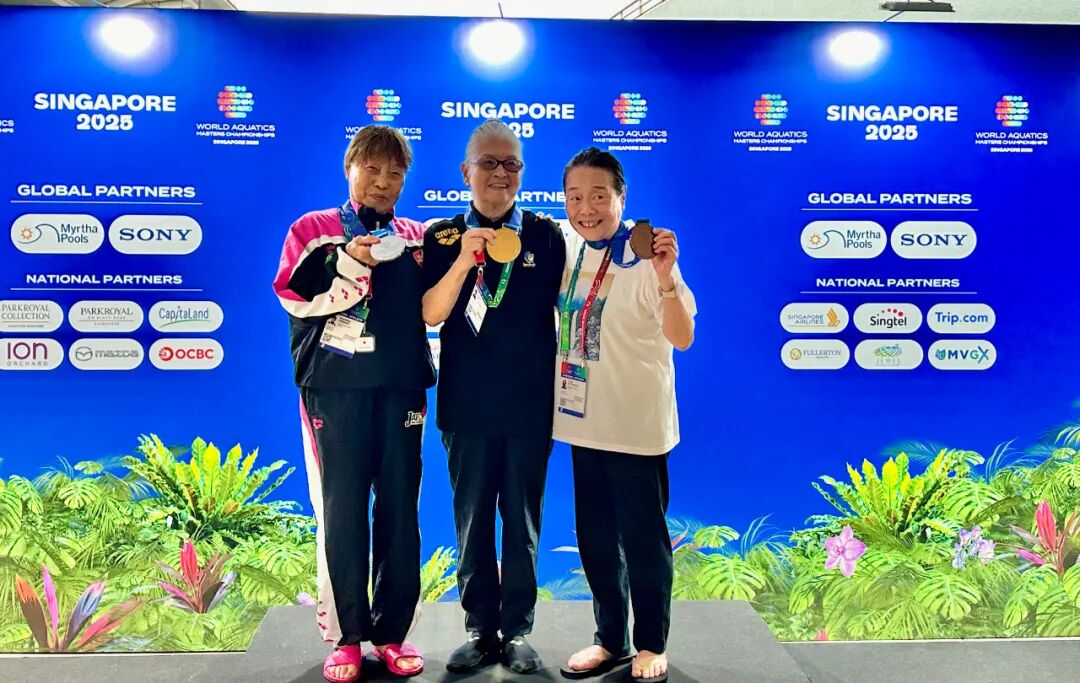
Old Man Dai excels at breaststroke, while Yoshiko Osaki specializes in freestyle and backstroke. Judging from today’s race entry times, Old Man Dai is four seconds slower than Yoshiko Osaki—making it seem unlikely that he’ll manage to win.
The match has begun—
Dai Lao started slightly behind, but quickly caught up and overtook all his competitors. Osaaki Yoshiko gave it her all in the final fifteen seconds, yet still ended up losing the race.69She should have lost that match years ago. After watching Old Dai’s performance, world champion Sun Han exclaimed: "It was absolutely amazing—she only took four breaths the entire time!"
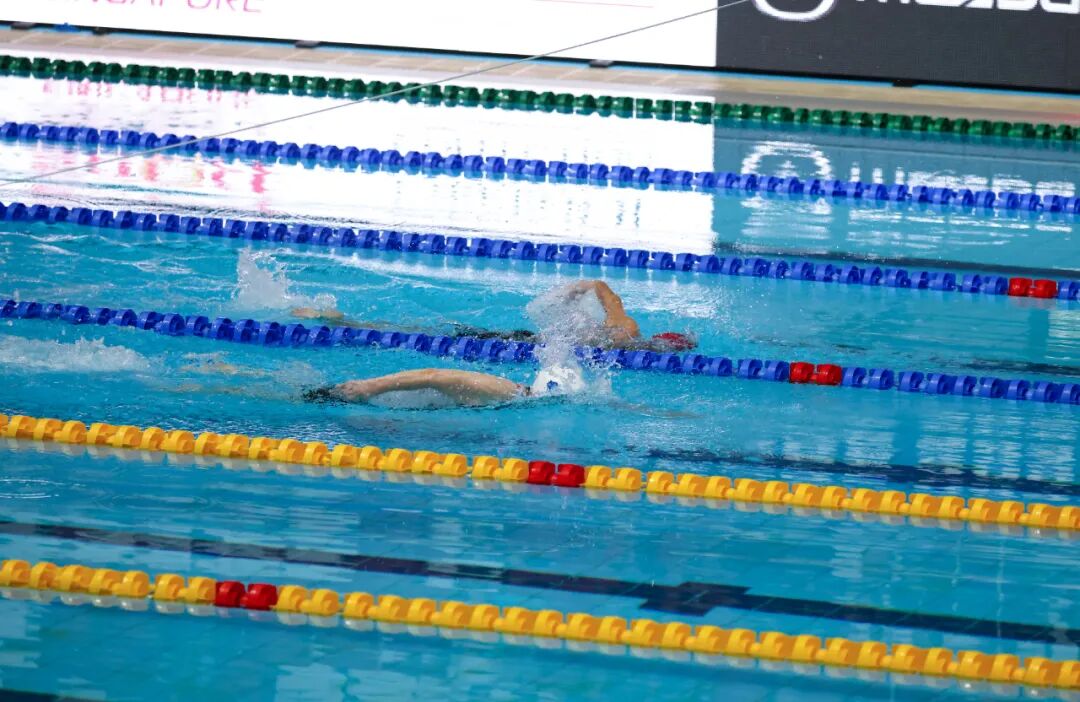
(At the bottom of the screen: Dai Lihua)
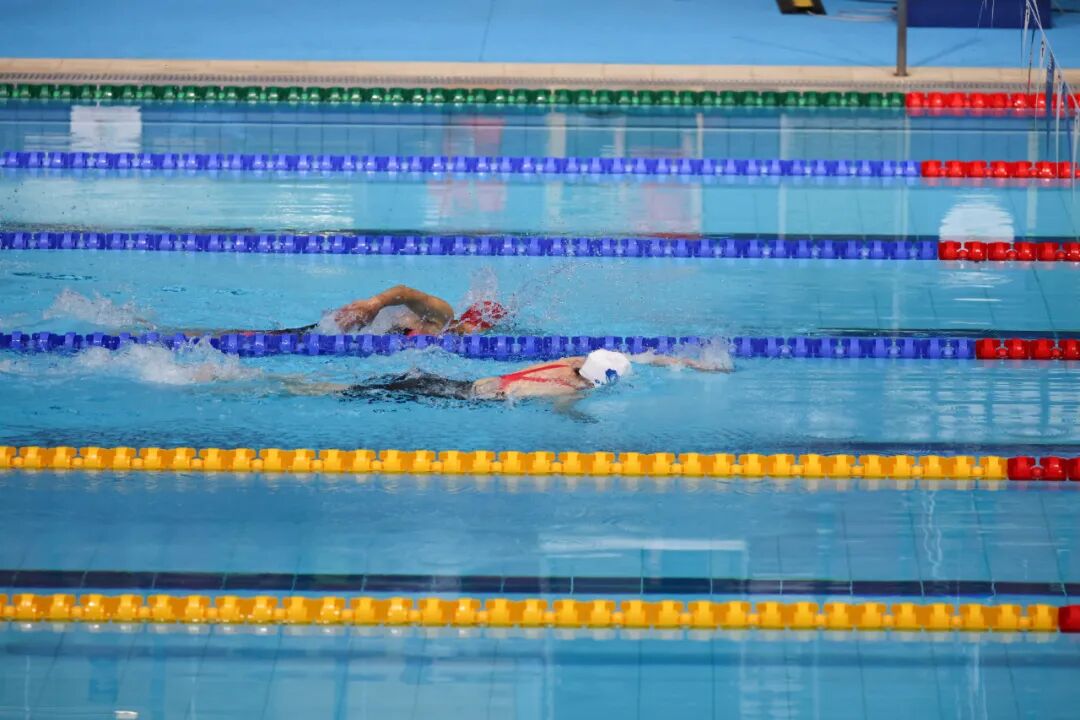
(At the bottom of the screen: Dai Lihua)
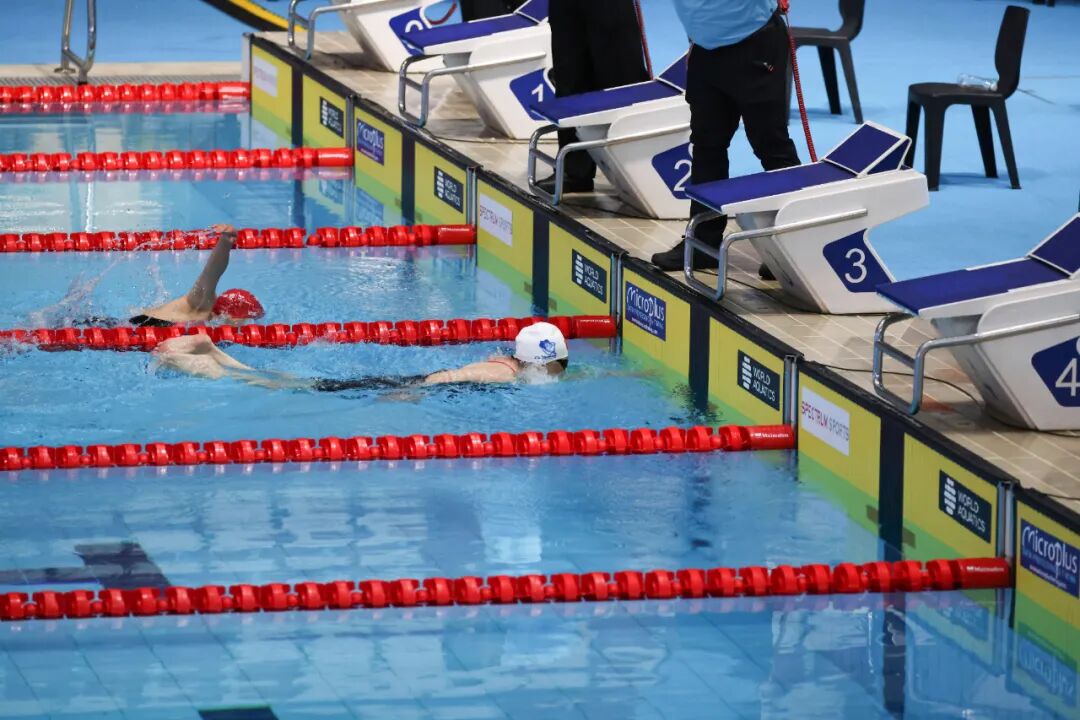
(At the bottom of the screen: Dai Lihua)
(Dai Lihua, 50-meter freestyle)
At the award ceremony, two individuals who, due to historical reasons, should have been69The scene of the elderly men, who once competed on the same field years ago, exchanging greetings together evokes a sense of "different paths leading to the same destination"—
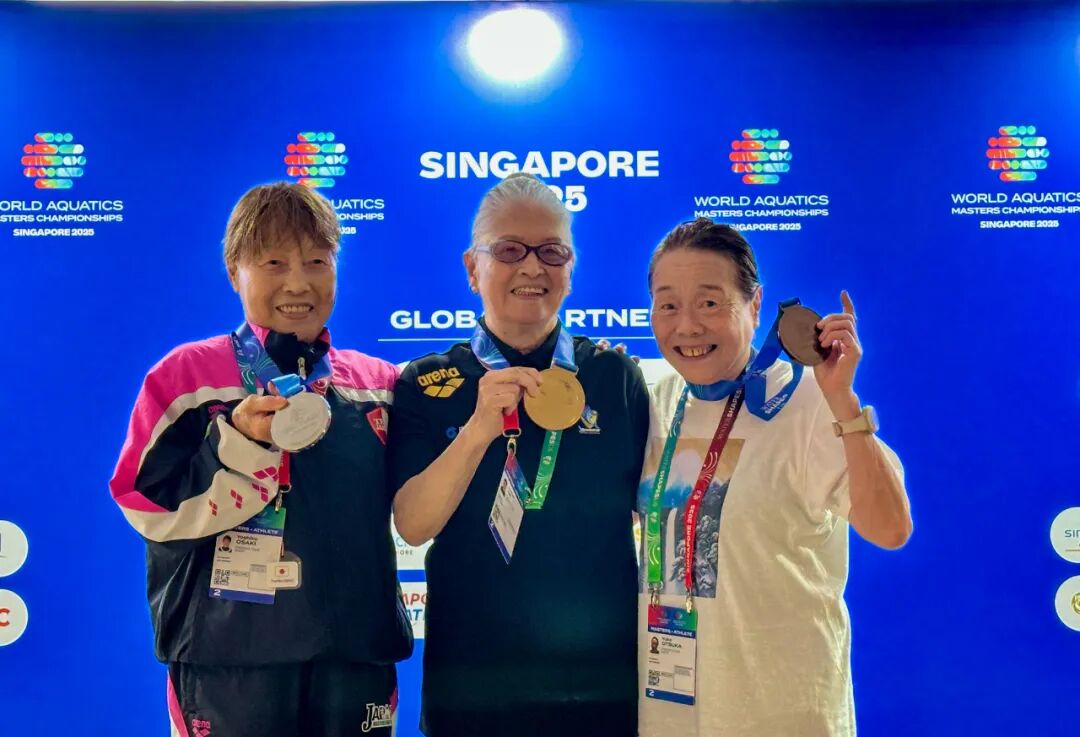
69Over the years, Yoshiko Osaki has consistently stayed active in swimming, while Dai Lihua, after leaving the national swimming team, first served as a coach for the Beijing swimming squad for two years. Later, at her strong request, she returned to her former profession—becoming a piano accompanist for the gymnastics team—until she and her husband, Qian Lieyun, moved to Hong Kong together.
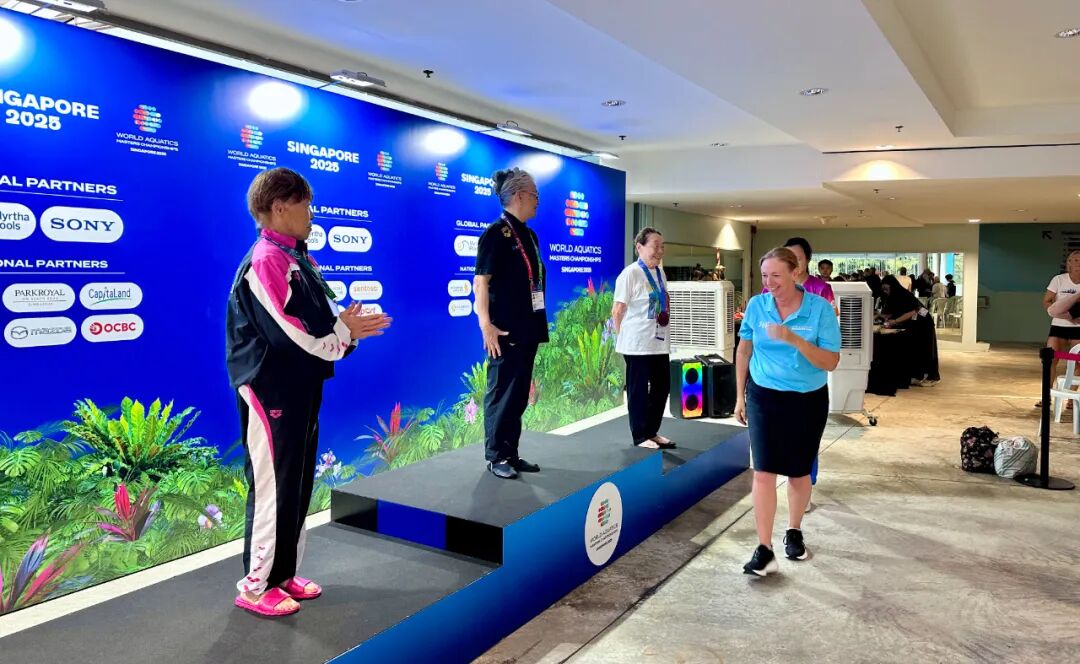
After the reform and opening-up policy, at the request of central leaders such as Deng Yingchao, Elder Dai and Elder Qi founded the China Youth Travel Service in Hong Kong, making significant contributions to the country’s tourism industry.
After entering her late eighties, Ms. Dai not only continues to swim regularly alongside Mr. Qi but also dedicates herself to teaching piano—indeed, even on the swimming pool deck, she exudes an elegant, artistic aura.
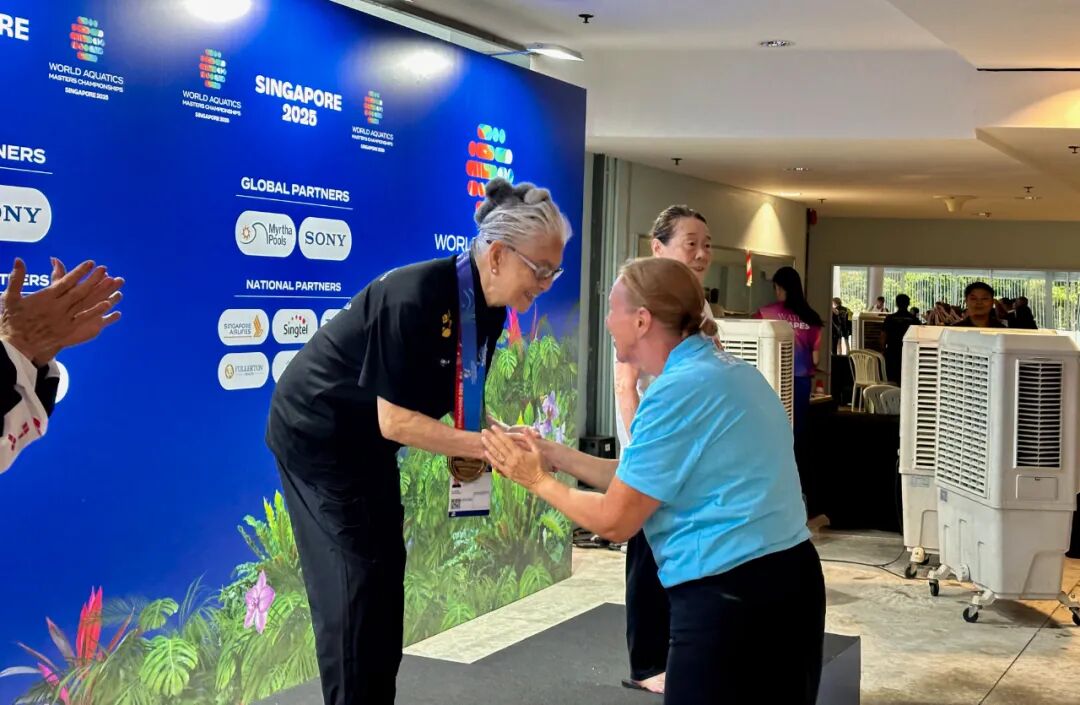
After the award ceremony, Teacher Dai Lihua happily accepted an interview, casually holding up the gold medal she’d been awarded late.69The reason for the year is actually a bit heavy…
(Interview with Dai Lihua after her award)
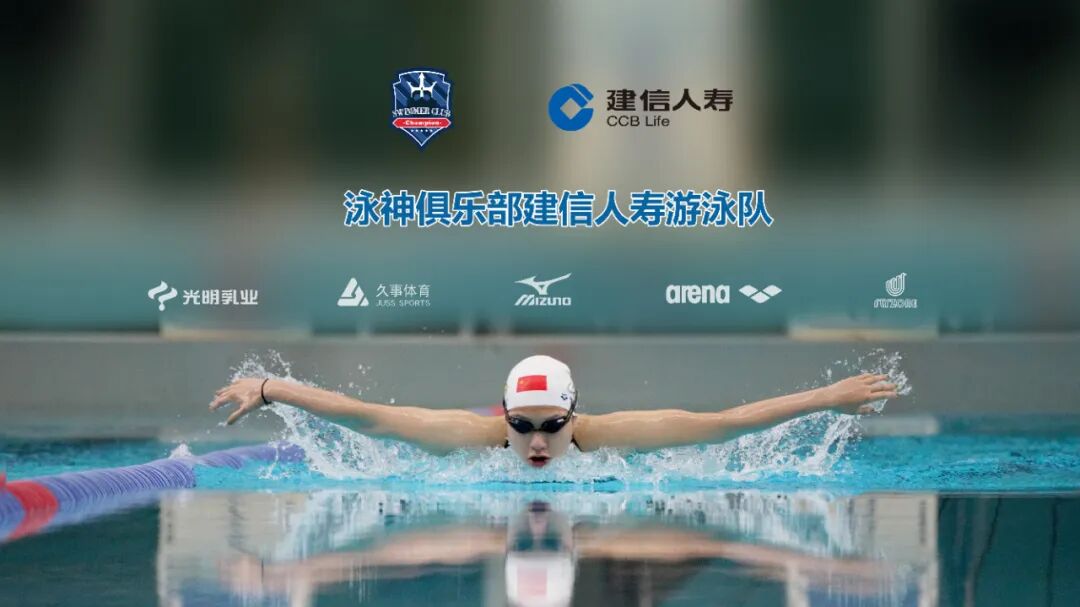
Want to know more about the latest updates from the "Swimming Gods Club"?
Want to compete alongside the legendary swimming champion?
Want to get up close with the champion athlete?
Scan the QR code below
"Swimming God Club"
Bringing you more updates~

